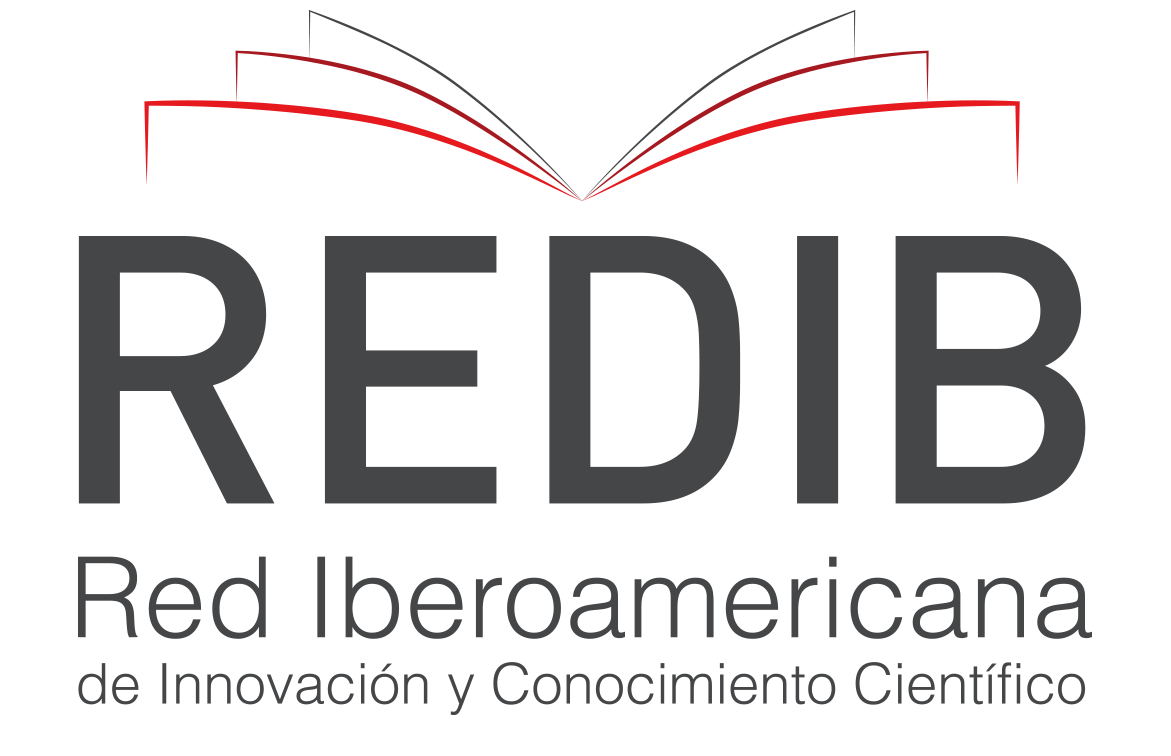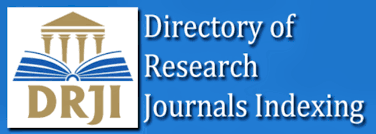FOREIGN LANGUAGE LEARNING: THE STRATEGIES FOR TEACHER IN LEARNER´S MOTIVATION
Keywords:
strategies, teacher, motivation, learnerAbstract
The purpose of this paper is to explore the literature on motivation in foreign language learning. It aims to propose strategies for teachers to motivate learners participate actively to the classroom learning activities, in order, to stimulate learners to take their learning more seriously and to raise teachers´ awareness on the importance of motivating the learners in the classroom. Based on that, it is widely believed that among other individual differences in foreign language learning (personality, aptitude, learning style…) motivation is a complex phenomenon to deal with. Because when people have the desire to learn a language they engage in a community more effectively. Also, they feel more secure. Moreover, it synthesizes the conclusion draw from the literature on motivation conducted to identify appropriate strategies to be used by teachers in their classroom.
References
Crookes, G and Schmidt, R. (1991). Motivation: ´Reopening the Research Agenda´. Language Michigan University America.
Deci, E. L., and M. R. Ryan (1985), intrinsic motivation and self-determination in human behavior. Plenum Press.
Dörnyei, Z. (2005). The psychology of the language learner: individual differences in second language acquisition. Mahwah, NJ: Lawrence Erlbaum.
Dörnyei, Z. (2009). the L2 motivational self-system. Motivation, language identity and the L2 self, 36 (3), 9-11.
Dörnyei, Z. (2014). Motivation in second language. In Celce-Murcia, M., Brinton, D., & snow, M. A. (Eds.). teaching English as a second or foreign language (4th ed.) (pp. 518-513). Boston: National geographic learning.
Eccles, J. S., and Wigfield, A. (2002). Motivational beliefs, values, and goals. Annual review of Psychology, 53, 109-132.
Gardner, R. C. (1985). Social psychology and second language learning: the role of attitudes and motivation. London: Edward Arnold.
Gass, S. M., Behney. J., and Plonsky. L. (5thed), (2020). Second language acquisition: An introductory course. New York, NY. Routledge.
Kirondo, Y. A. (2014). Strategies Employed by Teachers to Motivate in Kinondoni Municipality
Leaper, C. (2011). More similarities than differences in contemporary theories of social development?: A plea for theory bridging. Advances in child development and behavior, 40, 337-378…
Lightbrown, P. M and Spada, N. (2006). How languages are learned (3rd Edition): Oxford Handbook for Language Teachers.
Noels, K. A. (2023). Self-determination theory and language learning.
Rosenzweing, E. Q., wigfield, A., and Eccles, J. S. (2019). Expectancy-Value Theory and its relevance for student motivation and learning.
Ryan, R. M., and Deci, E. L. (2000). Self-determination theory and the facilitation of intrinsic motivation, social development, and well-being. American psychologist, 55 (1), 68.
Ur, P. (2012) A Course in language teaching: practice and theory. Second Re Edition. Cambridge university press. Cambridge.
Wigfield, A., and Eccles, J. S. (2001). The development of competence beliefs, expectancies for success, and achievement values from childhood through adolescence.
In A. Wigfield and J. S. Eccles (Eds.), Development of achievement motivation (pp.91.120). san Diego. CA: Academic Press.
Yilmaz, E., Mehmet, S., and Mehmet, T. (2017). Variables Affecting Student Motivation based on Academic Publications. Journal of Education and practice. Vol. 8, No. 12:112-120.
Downloads
Published
How to Cite
Issue
Section
License
Copyright (c) 2025 Rufina Graciano

This work is licensed under a Creative Commons Attribution-NonCommercial-ShareAlike 4.0 International License.

























